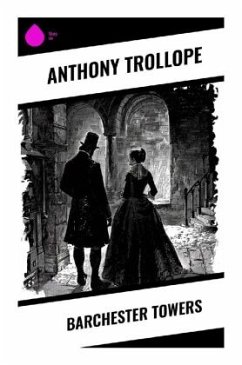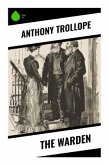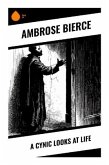Barchester Towers, a significant installment in Anthony Trollope's Chronicles of Barsetshire, intricately weaves themes of social class, ecclesiastical politics, and moral integrity within the fictional English county of Barsetshire. The narrative unfolds in a style characterized by its rich detail and incisive character development, as Trollope deftly explores the lives and intrigues of the cathedral town's residents amid the backdrop of a power struggle between liberal and conservative factions within the church. This work, published in 1857, exemplifies the Victorian novel's penchant for dissecting societal norms and the complexities of human relationships while maintaining a subtle humor that endears its characters to readers. Anthony Trollope, a prolific Victorian novelist and civil servant, had a keen understanding of the social dynamics of his time, informed by his own experiences navigating bureaucratic structures and the Anglican Church. His deep familiarity with clerical life and church politics, fostered by his upbringing in a clerical family, permeates Barchester Towers, granting authenticity to the portrayal of its characters and their motivations. Trollope's insightful reflections on ambition, morality, and the interplay of personal and institutional power provide a rich tapestry that resonates with the political landscape of his era. For readers seeking a compelling reflection on the nature of human ambition and community, Barchester Towers is an essential read. Through its engaging narrative and relatable characters, Trollope invites readers to contemplate the intricacies of faith, loyalty, and ethical dilemmas in a rapidly changing society. This novel remains a cornerstone of Victorian literature, appealing not only to those interested in historical contexts but also to anyone who appreciates keen social observation and sharp wit.








